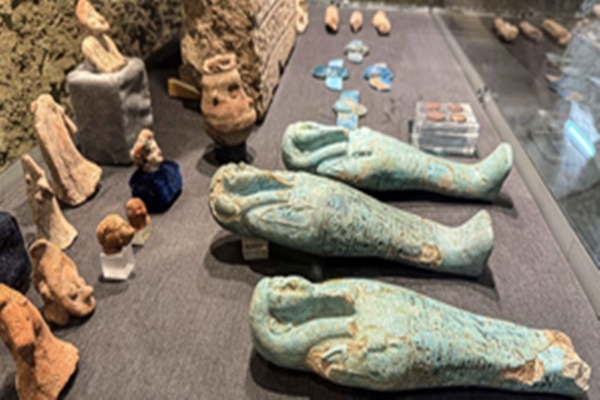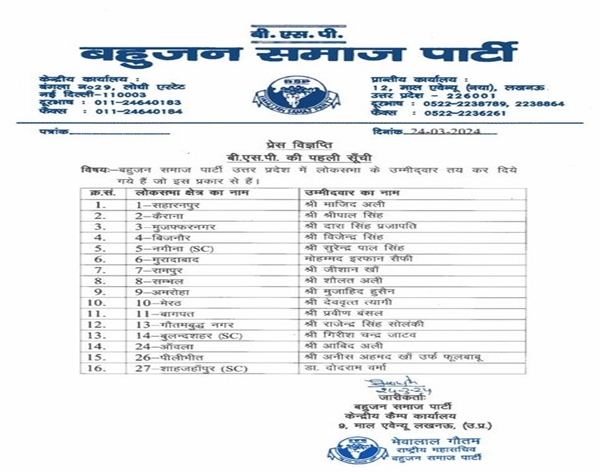In Egypt, archaeologists have unearthed significant finds near Luxor, including parts of a temple linked to Queen Hatshepsut. The Ministry of Tourism and Antiquities said, a team of archaeologists yesterday discovered a well-preserved section of the Valley Temple’s foundations, which served as the main gateway to Hatshepsut’s funerary temple, dating back to the 18th Dynasty (around 1539 to 1292 BC). The excavation yielded over 1,000 decorated blocks and fragments with detailed carvings and inscriptions, considered rare examples of sculpture from Hatshepsut’s reign and that of her successor, Thutmose III. The ministry said these inscriptions are the most complete found from the temple, which was deliberately destroyed during the Ramesside Period (around 1292 to 1077 BC).
Director General of Luxor Antiquities, Abdel-Ghaffar Wagdy, said, the discoveries, supported by the Ministry, will help the country attract more tourists. Last year in November, an Egyptian-American archaeological team unearthed the first Middle Kingdom-era burials at the Assasif cemetery near Luxor.















